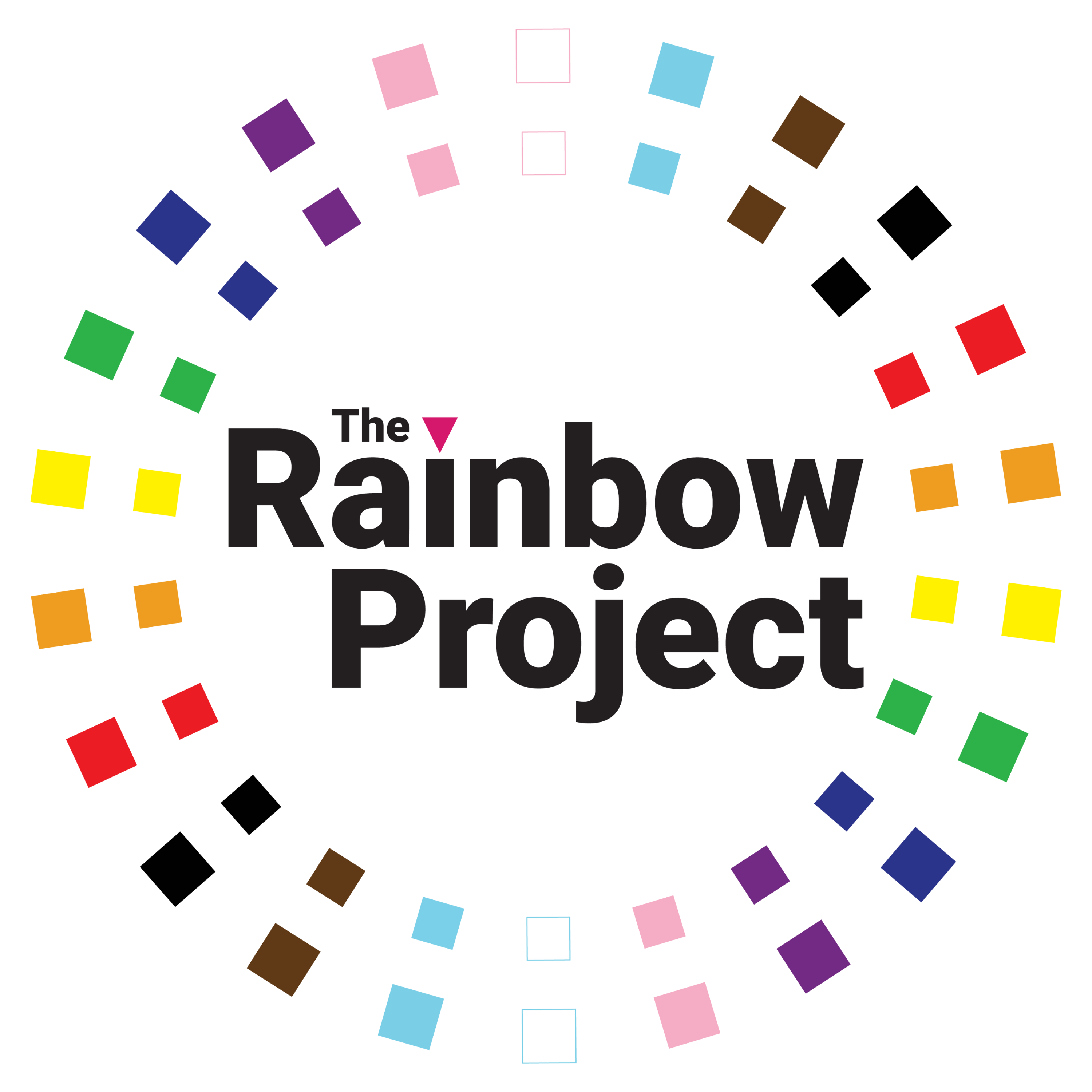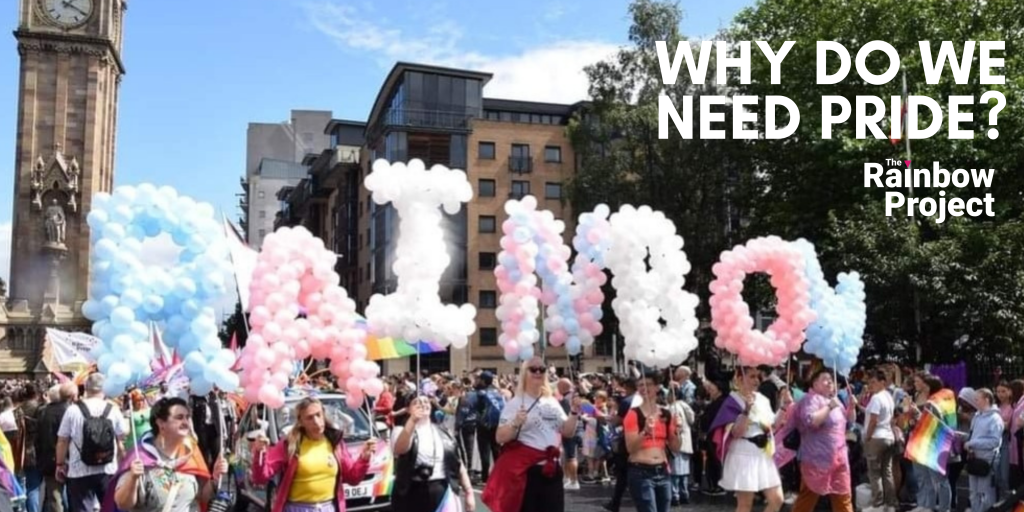Pride remains an essential event, demonstrated by the ongoing challenges and inequalities endured by the LGBTQIA+ community, particularly in places like Northern Ireland. Within the community, Pride holds various meanings, ranging from a protest, a family event or celebration.
One crucial aspect of Pride events is the opportunity they provide for LGBTQIA+ individuals to be visible and openly celebrate their identities. Visibility is a powerful tool for challenging stereotypes, breaking down barriers, and showcasing the diversity and richness of the LGBTQIA+ community to society.
Sadly, transphobic narratives continue to dominate both local and national media, often without being adequately challenged. Recent incidents in Northern Ireland have highlighted the urgency of the need for Pride and continued advocacy efforts. From suspicious objects wrapped in the Pride flag left at Alliance Party members’ homes to hurtful statements made during Belfast Pride and the recent vandalism of the LGBTQIA+ Rainbow Crossing in Derry, it is evident that words can directly lead to violent acts against the LGBTQIA+ community and their allies.
Statistics released by the PSNI in March have shown an increase in hate crimes targeting LGBTQIA+ individuals, emphasizing the importance of events like Pride. Hate crimes motivated by anti-LGBTQIA+ sentiments are on the rise, with over 435 incidents and 290 homophobia-motivated crimes reported. Furthermore, transphobic incidents increased from 65 to 72. However, these figures likely do not capture the full extent of the problem, as many transgender individuals, especially young people are hesitant to report their experiences to the police.
Pride is not merely a celebration; it is a space for advocacy and activism. It enables raising awareness about the challenges faced by the LGBTQIA+ community, including discrimination, hate crimes, and legislative gaps. By fostering a sense of community, support, and trust among LGBTQIA+ individuals, Pride encourages victims to come forward and seek help in the face of discrimination or violence. It is disappointing to see the recent decision by the PSNI, especially when recorded hate crimes against LGBTQIA+ individuals have reached an all-time high. Collaborative efforts between the LGBTQIA+ community and the PSNI leadership should aim to strengthen relations rather than undermine them.
Despite some progress in proposed legislation for safety and hate crime, significant gaps persist in addressing the critical inequalities faced by the LGBTQIA+ community. Pride serves as a reminder of the importance of implementing necessary legislation and strategies to secure equal rights and protection. It highlights the need for a functioning Northern Ireland Assembly and Executive that can push forward key legislation and strategies for the LGBTQIA+ community.
Pride offers an opportunity for both LGBTQIA+ individuals and their allies to advocate for a more inclusive and accepting world. It serves as a source of support and solidarity for the community in the face of ongoing challenges at home and across the world. As long as discrimination and hate crimes persist, Pride will remain a vital and necessary event for the LGBTQIA+ community, providing hope for a brighter and more equal future.
Aisling, Policy and Advocacy Manager

